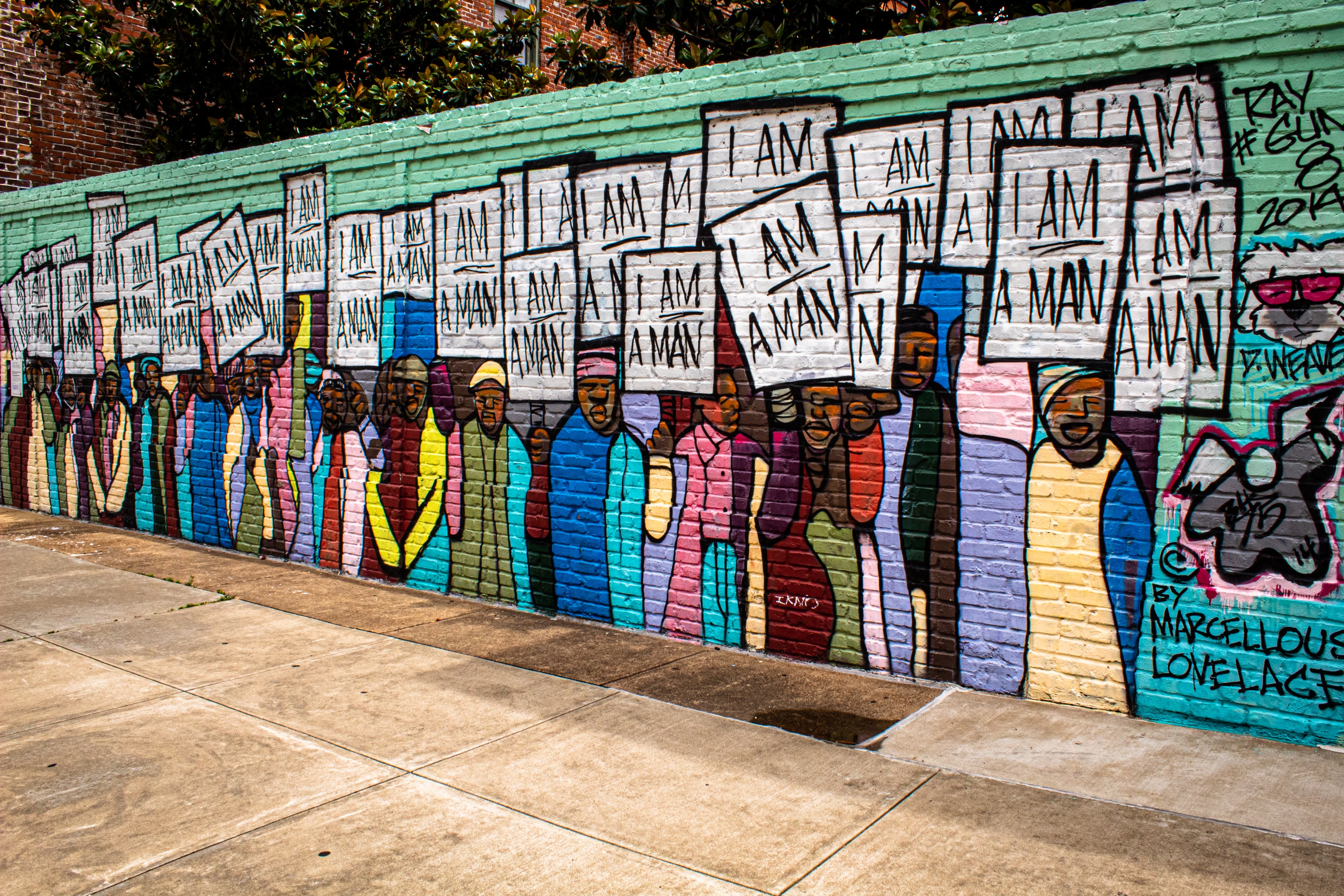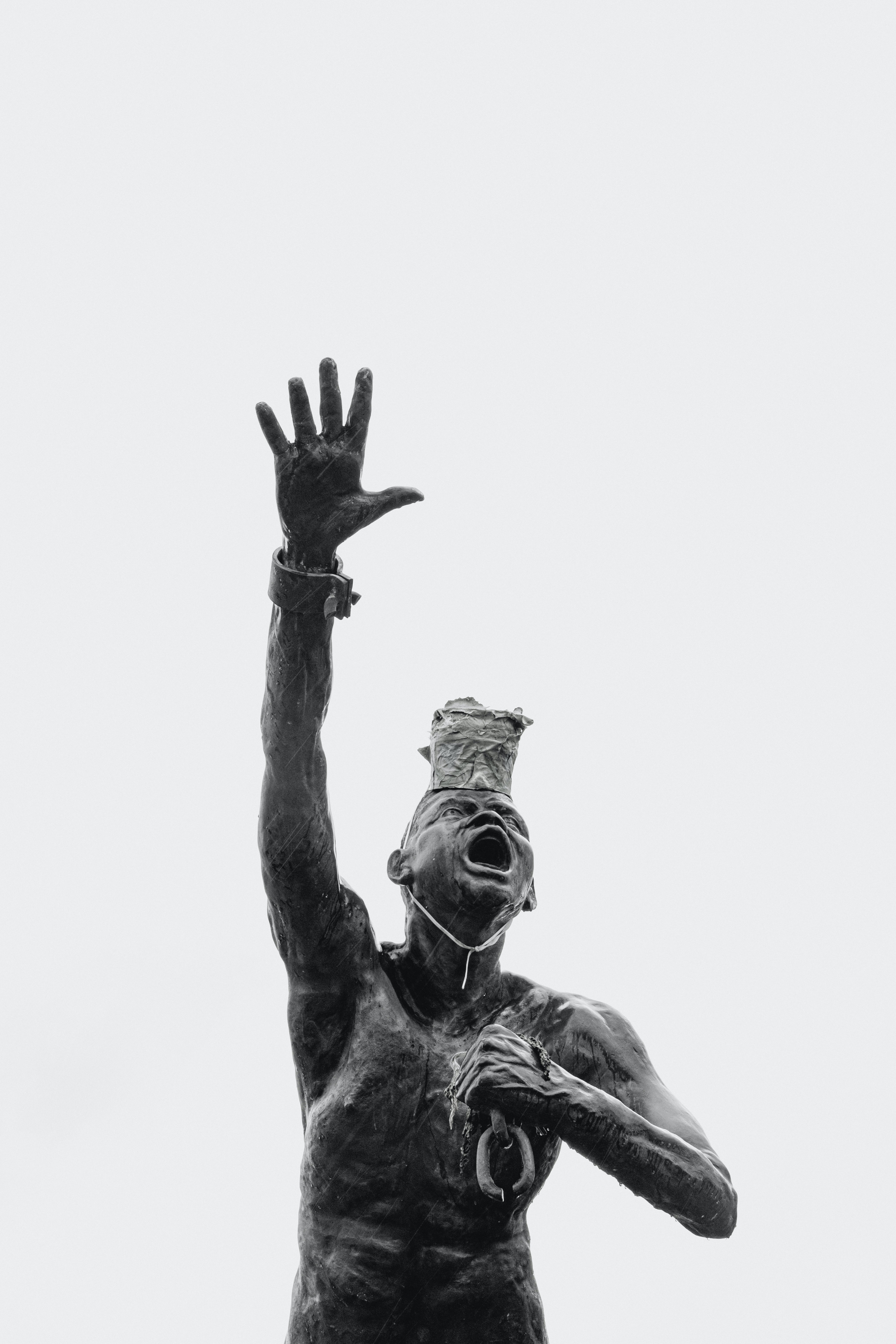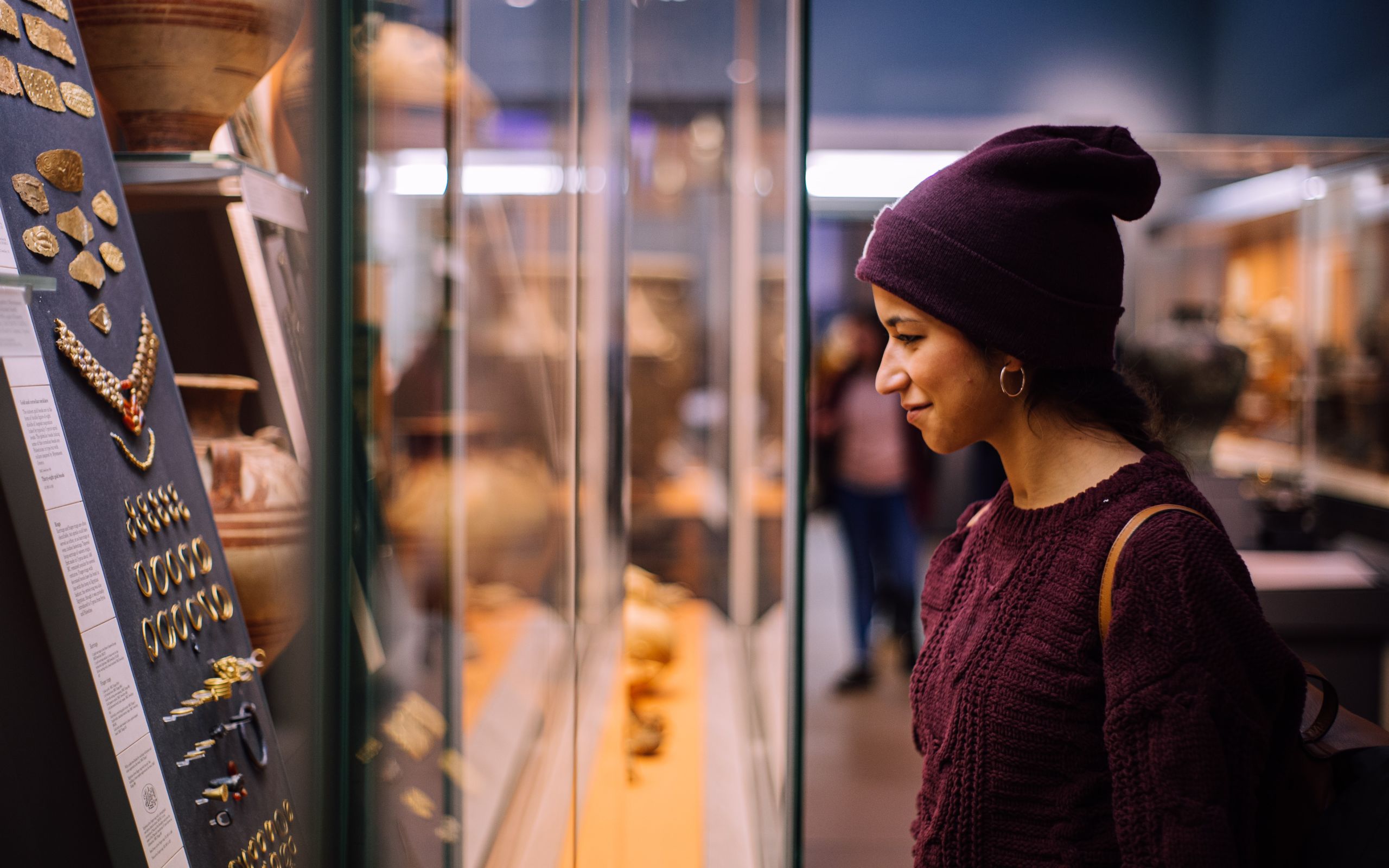February is Black History Month, a time to honor and celebrate Black people from all time periods in U.S. history. The city of Philadelphia offers different ways to reflect on and gain more knowledge of this history through museums, institutions, art, and special performances.
Dr. Joseph Fitzgerald, associate professor of history and political science and coordinator of the Black studies programs, explained, “Black History Month is one way people are able to get more than a cursory treatment of Black people’s experiences and to learn how people of African descent have pushed this nation to become, in practice, a truly democratic nation.”
Lailah Dunbar, Director of Cabrini’s Office of Diversity, Equity, Inclusion, and Belonging, offered examples of a few historic Black figures to discover, “Carter G. Woodson was the second African American to graduate from Harvard University with a Ph.D. degree, and W.E.B Du Bois was the first,” she said. Fitzgerald also mentioned Ella Baker, who was an African American civil rights and human rights activist.

“She mentored the young people of the Student Nonviolent Coordinating Committee, the most important human rights organization of the 20th century. She was acknowledging the fact that there is a global anti-Black movement that has been operating for greater than 400 years. This movement will continue to exist and Black people and their allies, particularly white allies, needed to keep fighting against it and to keep fighting for Black Liberation.”
Museums and events representing Black History Month
The African American Museum in Philadelphia is one of many museums that people can visit to learn about Black History Month. The museum was founded in 1976 and it was the first institution funded to exhibit the heritage and culture of African Americans. Individuals can explore the four galleries and exhibitions with different themes that represent and relate to the Black experience.
“The African American Museum in Philadelphia has an exhibit where Dr. King’s youngest daughter, Bernice King is going to be speaking at the end of February,” Dunbar said.
The Kimmel Center is participating in celebrating Black History Month by hosting different high-profile performances by Black artists. One performance, on Feb. 17, at 7:30 p.m. It is called the DRUMLine Live, presenting the Historically Black College and University marching band experience.
The Lest We Forget Museum of Slavery is located in Germantown, Philadelphia. There are artifacts that reveal the true story of enslaved Africans coming to America, “You can touch and see the shackles that go around the wrist, ankles, and the neck,” Dunbar said.
On Feb. 5 and 25, Mural Arts Philadelphia will take people through different neighborhoods to visit murals that honor historic Black figures. Some of the murals feature Martin Luther King Jr., Cecil B. Moore Philadelphia Freedom Fighters, Octavius Catto, and more.
Understanding the past

Dunbar believes, “It is essential that people understand not just one aspect of American history but comprehensive American history. Especially now, because there are states that are in the process of making the teaching of Black history illegal. There are forces against knowing the complete truth of American history.”
She continued, “The history of Black people in the United States is a rare history because Black people were enslaved. Not only were Black people enslaved for 256 years, there was legalized segregation for another 100 years. We are not taught that in school so the best way to understand your present is to understand your past. So, there are many reasons to go to museums to see and touch the artifacts, to learn the history, and to make the history more tangible and three dimensional.”




